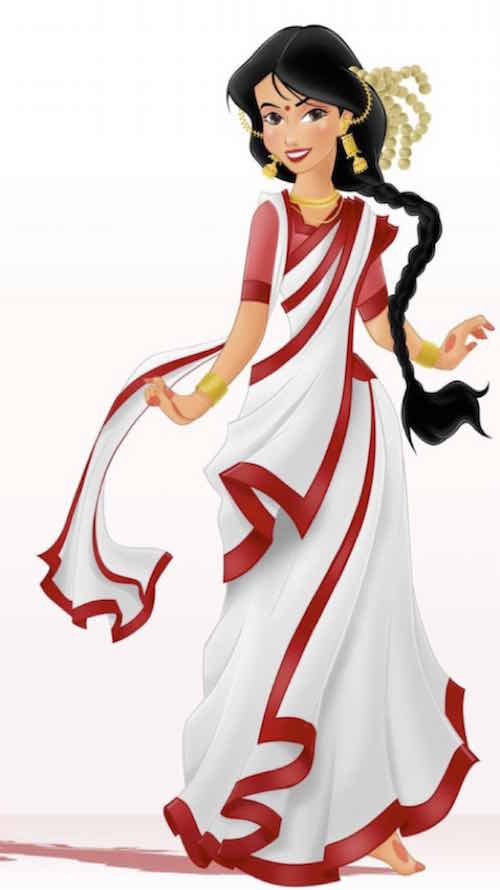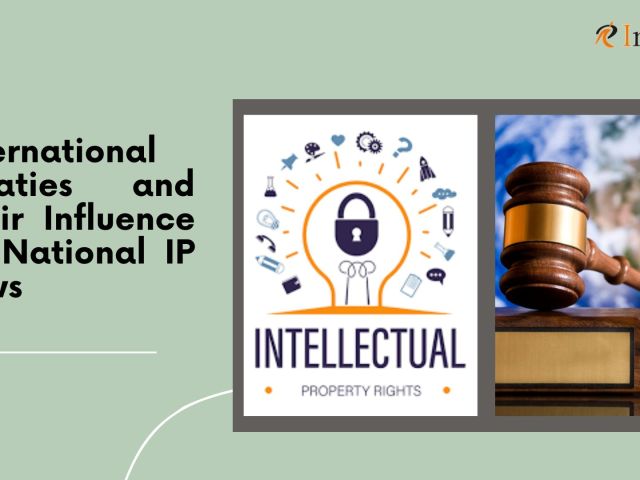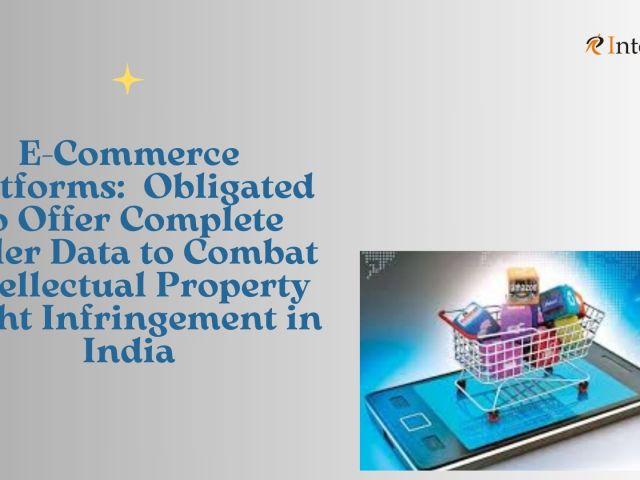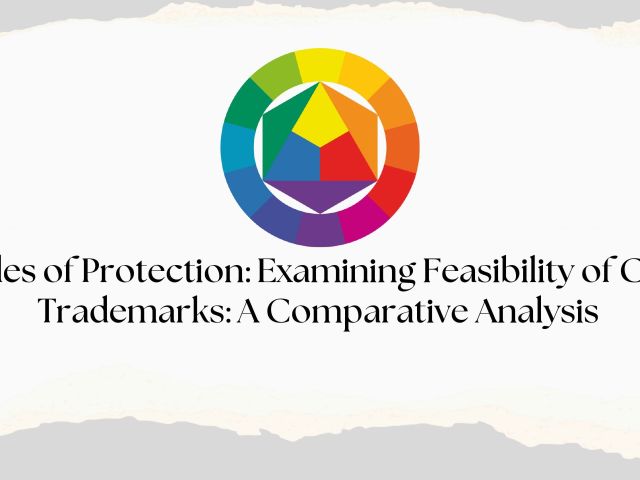This is Ms. Parumita Pal. Ms. Parumita is a famous Bengali dancer. Currently, she is touring India and performing in various cities. On her visit to Bangalore, she happened to visit our Intepat office wherein she told us about her India tour. However, she also expressed her concerns with regard to the protection of her performances on-stage.
We had a lengthy conversation with her where we were able to calm all her worries and help her protect her on-stage performances in the best way possible.
Ms. Parumita (P): Angela, tell me, is there any way in which I can protect the dance that I perform on-stage. I have put in so much effort to choreograph and practice. I don’t want anyone to misappropriate it.
Angela (A): Ma’am, you need not worry. Your dance performance can indeed be protected. We can do this under the Copyright Act.
P: Really!? But I thought that copyright protects only works such as books, paintings, and music etc- those which are in a tangible form.
A: You are absolutely right. However, the Copyright Act also provides for the protection of the rights of the broadcasters and performers. Such rights are known as Neighboring rights
P: Neighboring rights? What’s that?
A: The concept of neighboring rights enables protection of the rights of broadcasters and performers. Though broadcasting and performing are not the subject matter of copyright, they are incidental to it. Therefore they are called neighboring rights.
P: How can I protect my performance under Neighboring Rights?
A: Just like copyright, acquiring of neighboring rights does not require any registration. The moment you perform, your performance acquires protection. The acquiring of a performer’s right enables you to bar anyone from:
-Making a sound recording or visual recording of the performance.
-Reproducing a sound recording or a visual recording, wherein such recording was made without the performer’s consent or was made for purposes different to what the performer had consented.
-Broadcasting the performance.
-Communicating the performance to the public.
-Issuing copies of the performance to the public where such copies are not ones already in circulation.
-Selling or giving it on commercial rental or offer for sale or for commercial rental any copy of the recording.
In addition to this, the Copyright Act also vests certain moral rights in performers. These have been enumerated in S 38B of the Copyright Act. S 38B provides that even in the event of assignment of rights, a performer has the right to:
-Claim to be identified as the performer of his/her performance except where omission is dictated by the manner of use of performance.
-Restrain or claim damages in respect of any distortion, mutilation or other modification of his/her performance that would be prejudicial too his/her reputation.
P: Khub bhaalo! But, are there any exceptions to this?
A: Yes, there are. These have been enumerated in S 39 of the Copyright Act. If:
-The sound/video recording of the performance is made solely for private use or for bona fide teaching and research;
-The use is consistent with fair dealing.
-Any other act which does not constitute an infringement under S 52.
P: What should I do if someone infringes my right? Can I seek for damages?
A: Of course, you can! In the event of infringement, both civil and criminal remedies are available. In case of civil remedies, you would be able to claim for an injunction, damages or accounts of profit. On the other hand, in case of criminal remedies, the infringer shall be punished for a term not less than six months and which may extend to six years. Also, he/she would have to pay a fine not less than fifty thousand rupees which may extend to two lakh rupees. A subsequent offense would invite a higher punishment.
P: Thanks a lot! You have clarified all my doubts. And don’t forget to come watch my performance today!
And there! Hopefully, we have clarified your doubts on Performers’ rights as well.




